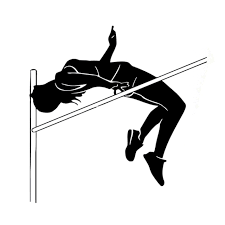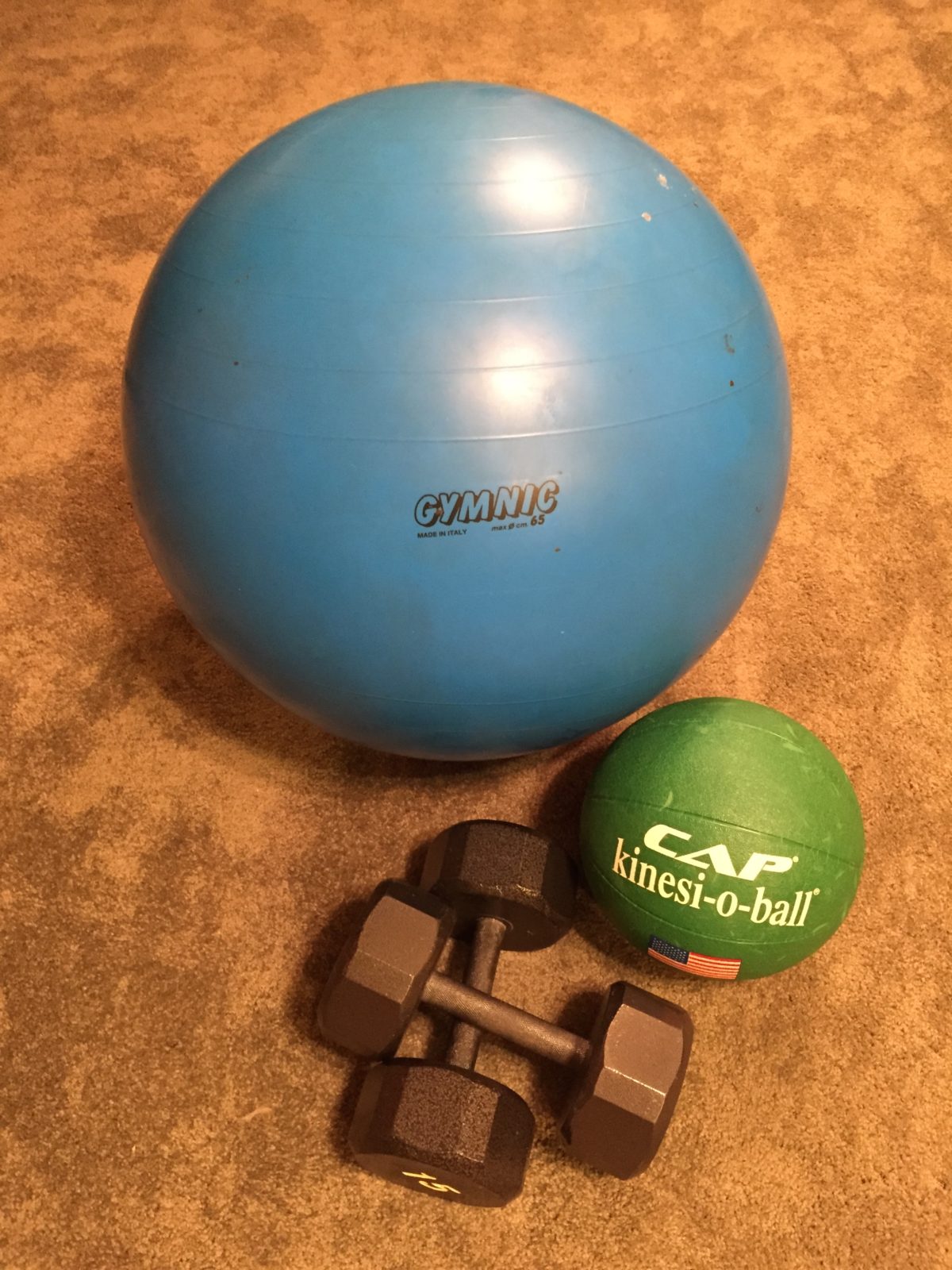Roman statesman, orator and writer, Marcus Tullius Cicero, is credited with saying,
“Gratitude is not only the greatest of all virtues, but is the parent of all others.”
I think Cicero’s point was that gratitude is the source and motivator behind all other virtues. They are driven and fortified by gratitude.
And if that’s the case, then gratitude must be a good parent indeed. Why would I say that?
Because research is showing that gratitude has beneficial results.
Some of gratitude’s effects—
Grateful people are more satisfied with their lives.
Grateful people are happier.
Gratitude is the social glue that nurtures new friendship formation and enriches existing relationships.
Some scientists even believe gratitude supports and strengthens the very foundation of a successful society.
Scientific fields studying gratitude—
While the study and science of gratitude is a relatively new field, the following disciplines are beginning to seriously study it:
- psychology
- neuroscience
- ecology
- sociology
- medicine
Defining gratitude—
As we noted last week, when you study something at the scientific level, you first need to have a working definition of the subject being studied.
Religions like Judaism, Christianity, Islam, Buddhism, and Hinduism all encourage gratitude, and it has been a popular subject in philosophy.
David Hume, a Scottish philosopher during the period of Enlightenment, considered ingratitude the worst crime a human could commit.
Some consider gratitude a prerequisite for a world or social citizen and contributor to be considered good or moral.
Robert Emmons and Michael McCullough narrowed gratitude down to two working definitions:
1) Gratitude is recognizing one has obtained a positive outcome; and
2) Gratitude is recognizing that there is an external source for this positive outcome.
The addition of the second definition is important because it includes the fact that people can direct their gratitude toward outside influences, like God, fate, nature, etc.
Exploring some of the research evidence—
There is evidence that gratitude can be thought of asn an emotional experience with three hierarchical levels of an:
Affective trait—defined by psychologist Erika Rosenberg as “stable predisposition toward certain types of emotional responding.”
Mood—a disposition that can fluctuate with moments and days
Emotion—a short-term reaction to a particular event
And in theory, the trait can affect a mood and then an emotion. The reverse can also be true, with an emotion affecting a mood and trait. And all three experiences can interact and play off of one another.
And gratefulness can increase your level of gratefulness. It tends to feed on itself and produce more.
But do a motive and self-focus check—
Interestingly enough, if a person does not think a benefactor is really being benevolent in heart with their actions (their motives are suspect), then the gratitude quotient of the receiver drops.
And more self-focused people tend toward feelings of indebtedness (obligation and repayment guilt) and decreased gratitude.
The striving-for-excellence factor—
Researchers Sara Algoe and Jonathan Haidt found evidence suggesting that:
“[gratitude] elevation (a response to moral excellence) motivates pro-social and affiliative behavior, gratitude motivates improved relationships with benefactors, and admiration motivates self-improvement” (2009).
So there you have the interplay of response, affiliating with others, improved relationships, and admiration’s effect on self-improvement. With that in mind, it makes sense that a special mentor who motivates you to moral excellence, pro-social and affiliating relationships and good behavior result in a closer relationship between you and the benefactor/mentor. And that admiration for your mentor motivates you to improve yourself.
The mentoring factor—
That finding reinforces just how important it is for young people and new employees to have mentors, encouragers that motivate them to strive for the best, and to demonstrate gratitude and moral excellence. To know they have someone who cares about them, sees their potential (which we are all born with), and helps us in a positive way to achieve it.
Gratitude and appreciation. Is there a difference?
Another study listed gratitude as one of eight facets of appreciation, which was defined as “acknowledging the value of meaning of something.” But there continues to be a debate among scientists as to whether or not there is a true scientific distinction between gratitude and appreciation.
Gratitude scales—
Scientists have formulated different gratitude scales.
GAC—Gratitude Adjective Checklist, which includes thinking of gratitude in terms of different adjectives you might apply to varying life events:
1) Grateful
2) Thankful
3) Appreciative
GRAT—Gratitude Resentment and Appreciation Test that measures:
1) Your lack of sense of deprivation (or, in reverse, your sense or perception of abundance)
2) Your appreciation for Simple pleasures
3) Your social appreciation
TGS—The Transpersonal Gratitude Scale that has a 16-item gratitude scale; and
Expression of Gratitude in Relationships Measurement
Gratitude and the Brain—
Scientists have used MRIs to measure brain activity and specific types of brain matter. Their findings “suggest that gratitude involving assessing the moral intentions and actions of others is inherently social (or ‘other praising’), and likely provides a sense or feeling of reward too, especially in more grateful people.”
This finding indicates gratitude can be self-perpetuating.
Grateful people may also possess more neural hallmarks of altruism.
Behaviors like keeping a gratefulness journal or simply writing gratitude letters have long lasting, positive effects. Evidently practicing gratitude changes the brain in a way that orients people to feel more rewarded when the person they’re showing gratitude toward is benefiting.
And the great news?
The positive effects were still detected months after the journaling or writing!
Who knew that those thank you letters your mom made you write when you were a kid were good for you, not just the receiver!
Unfortunately, thank you letter writing seems to a rapidly diminishing art among the millennial and younger crowds, which may explain their tendency toward demonstrating more cynicism and ungratefulness.
And what about hormones?
Yet another study found that oxytocin—a hormone connected with social bonding—may also be involved in the production of grateful feelings.
Putting it all into practice—
Several months ago I bought myself a journal I wanted to dedicate solely to gratitude—writing down daily those things or events of the day that made me grateful.
Unfortunately, and fortunately, my first attempts resulted in my filling up so many lines in the journal and taking so much time that I abandoned the effort. But I’m starting it up again and trying to limit myself to three items or events per day. The top three, even though there may be so many more things I could add.
And Chris and I always make it a point of starting our evening prayers with gratitude for events of the day or the last several days, especially if it could be labeled a BIG thank you. As I write this post, it would be the blessing of getting to have brunch with my younger son who was down from Phoenix over the weekend; and for my older son finishing his first PhD thesis draft and turning it in last Saturday morning at 5:00 AM! Other events I could add to those two would be the wonderful weekend Chris and I enjoyed together, especially fixing my canoe and taking it 70 miles south to Lake Patagonia to paddle around, watching the blue herons, loons and ducks navigate the water and wetland area. Even laughing at a few stubborn cows that had infiltrated a campsite and appeared to have no intention of vacating it.
We also make a point of thanking one another for small and big things they have done to help us out or make our lives easier or more enjoyable. Things we appreciate the other person for.
Your turn—
Who could you call this week to thank for something they did for you, or to thank for what they have meant to you—as a mentor, provider, instructor or friend? Make a list and then give at least one person a call.
Or write that person a heartfelt thank you.
Do you have a parent you could thank?
One year Chris called his stepfather, with whom he never had the closest or best relationship, to thank him for teaching him manual skills like basic construction, car maintenance, removing and installing toilets, repairing household items and doing basic electrical wiring, installing hot water heaters and knowing vital handyman skills. His stepfather was overwhelmed and thrilled, to the point that for the first time in Chris’s 50-some years, he told Chris he loved him.
That one act has done much to repair and restore the relationship.
Spend some time thinking and praying about who you could thank, who you could surprise with a thank you note, call or special little gift that says you are thinking about them and they are special to you.
Be generous.
As the research shows, (and the Bible has told us for thousands of years), it is definitely in giving that you receive!
Improve your happiness quotient this week. Show gratitude!
See you back here next week as we look more at gratitude.
Blessings,
Andrea
May you prosper in all things and be in health, just as your soul prospers (3 John 2).
Photo by rawpixel on unsplash.com


